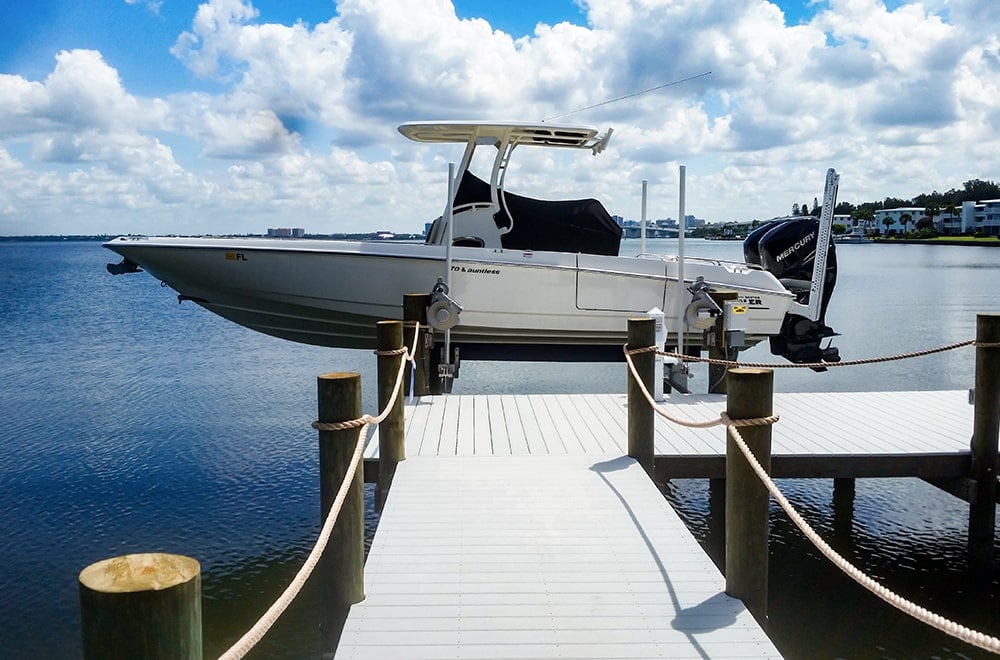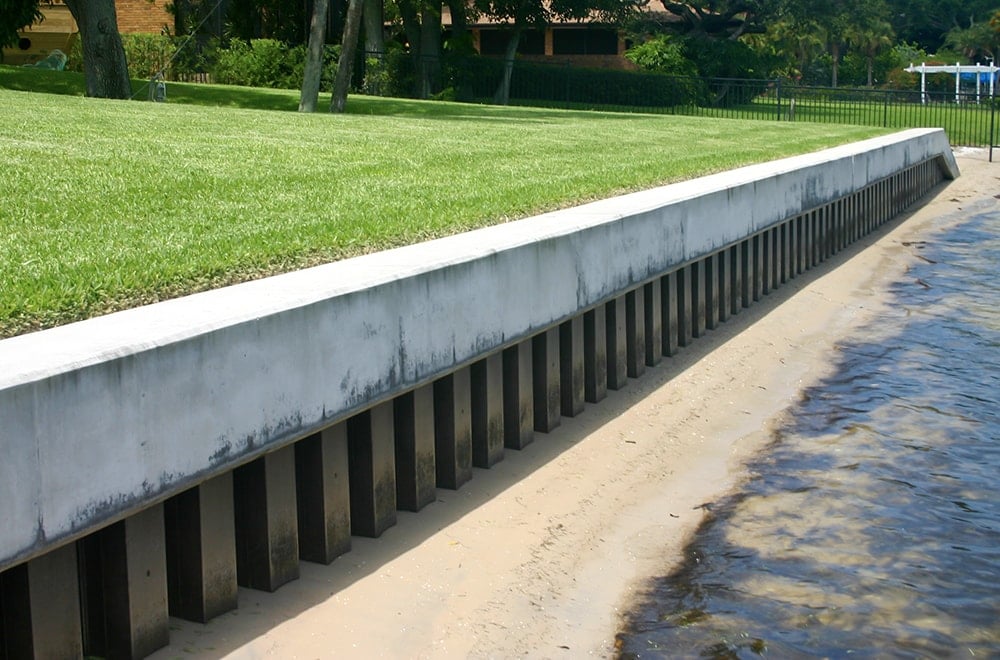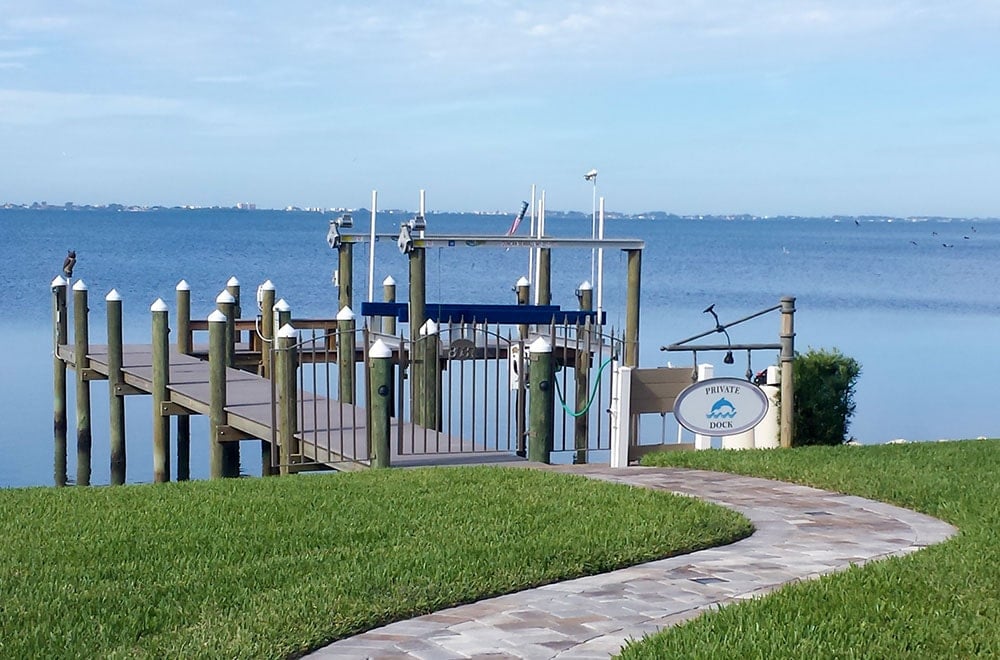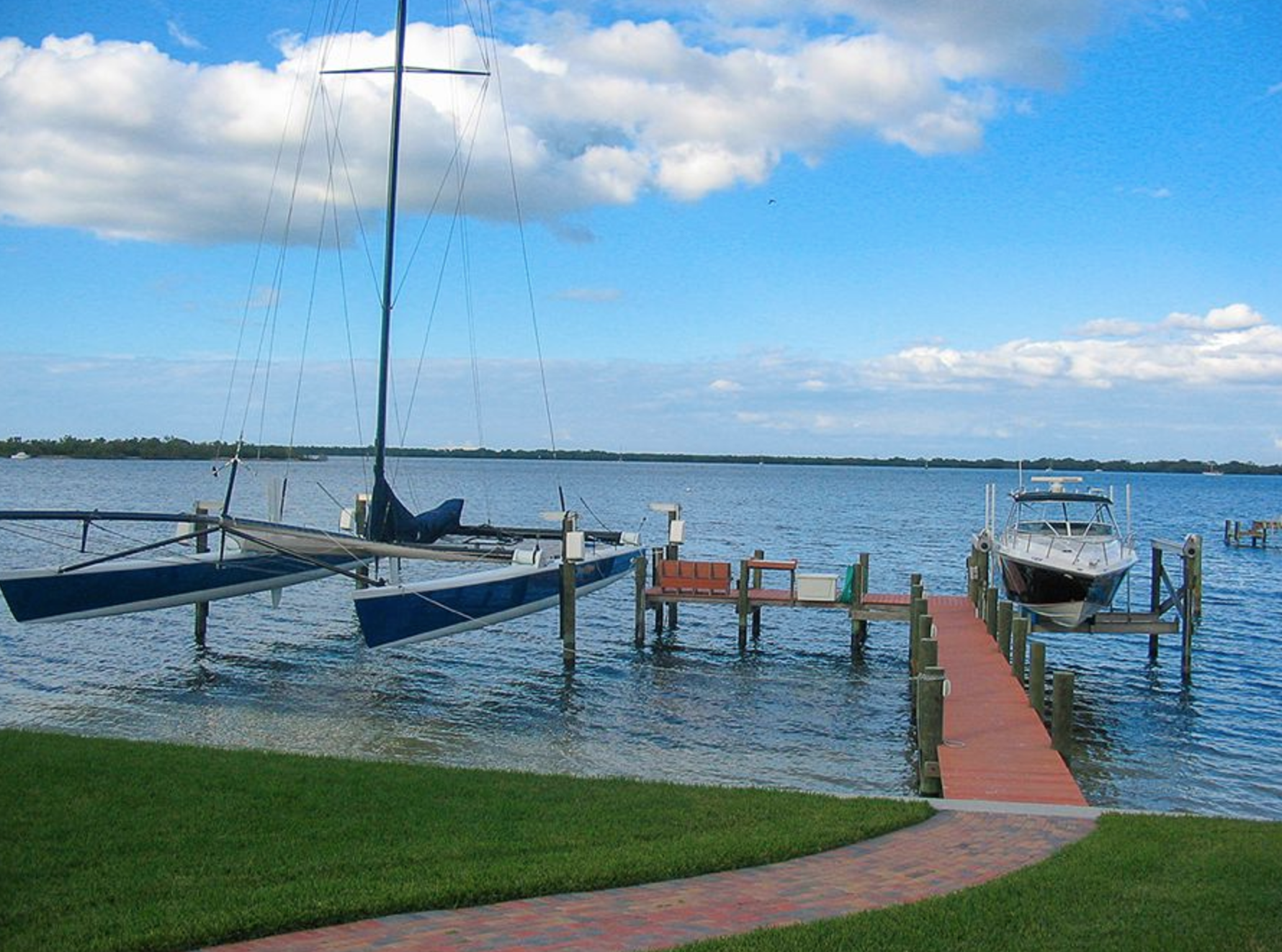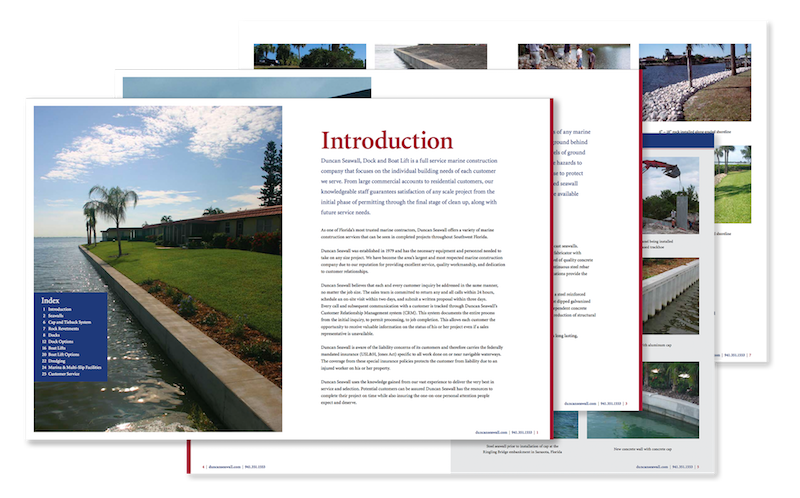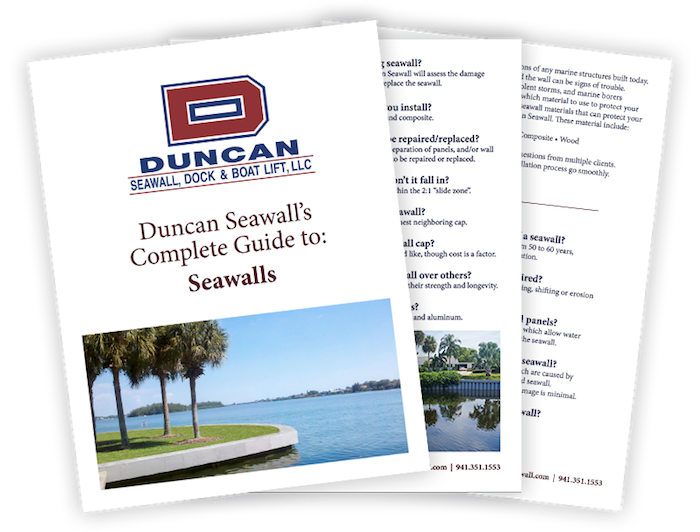Florida is a favorite destination for many northerners, thanks to its warm temperatures, sunny skies, and mild seasonal changes. While the Sunshine State does experience a winter season, it’s nothing like the freezing conditions and heavy snowfall up north. Still, winter in Florida brings its own set of challenges; periods of heavy rain, sudden cold snaps, and the occasional strong winter storm can all impact your time on the water and the condition of your boat.
Related Blog: The Importance of Cleaning Your Boat After a Day on the Water
If you have a boat tucked in your Southwest Florida winter home, you’re probably wondering whether there's a need to winterize it. Well, winter or no winter, a boat still requires routine maintenance to keep it in top shape. And despite the easy Florida winter, you may need to pay extra attention to your boat to protect it from damage. However, the prepping is less intensive than in the northern states.
How Does Boat Winterization in Florida Differ From Northern States?
In colder states, winterization is primarily about preventing ice damage and protecting your engine from freezing temperatures. Boats are often hauled out, drained, dried, wrapped, and stored on land for months at a time.
In Florida, the focus shifts. While freezing temperatures are rare, humidity, salt exposure, UV damage, and corrosion pose bigger threats, especially when a boat sits unused for extended periods. Florida boaters often leave their vessels in the water year-round, which means winterization centers on preventing moisture buildup, system degradation, and wear from fluctuating weather.
How to Winterize Your Boat in Southwest Florida
If you are in Southwest Florida for winter, chances are your boat has been hibernating in its storage. Regardless, you can get your boat ready to brace winter and minimize damage from the elements in just a few steps.
1. Unpacking and Inspecting Your Boat
Inspect the engine, fuel, electrical, and plumbing systems to ensure they're in good condition. Look for cracks and dents, review the amenities, and clean up where necessary. Check hoses for brittleness, inspect belts, examine the propeller, and flush out any debris. This is also a good time to clean interiors, check safety equipment, and ensure all onboard amenities are functioning properly.
2. Adding a Stabilizer to the Fuel Systems
Fuel can decompose when left unused for a long time, leading to engine failure. However, you don't have to empty the fuel tanks when winterizing the boat. Adding a stabilizer will keep your fuel all right and ensure the engine works properly whenever you're ready to resume boating.
3. Adding Marine Antifreeze to Plumbing Systems
Water damage is the biggest threat to your boat during the winter. It can lead to the busting of systems, corrosion, mold formation, etc. Drain water from all the plumbing systems, then run a marine antifreeze through the systems. Avoid using automobile antifreeze as this is toxic and damaging to marine life.
4. Prevent Corrosion
To prevent the steel and iron components of your boat from corroding, it is essential to apply a protective layer using fogging oil and marine lubricant. Fogging oil creates a moisture barrier to prevent rust and corrosion on metal surfaces.
5. Protecting Your Deck Seats
To protect your boat's deck seats, apply a high-quality marine vinyl protectant. This product shields the seats from extreme weather, preventing fading and cracking. Regular use maintains their appearance and extends their lifespan.
6. Covering Your Boat
Even though fiberglass handles Florida’s mild winter well, your boat is still exposed to rain, UV rays, and debris. A high-quality, breathable marine cover helps protect the hull, electronics, seating, and interior surfaces. Secure the cover tightly to prevent wind damage and check it periodically for pooling water, especially after seasonal storms.
7. Protecting Thru-Hulls When Leaving Your Boat in the Water
If your boat stays docked over winter, be sure all gate valves and seacocks are fully closed. This protects thru-hulls from leaks that could allow water to enter the bilge. Inspect hoses and clamps connected to each thru-hull, and confirm your bilge pump and float switch are working properly; critical during heavy Florida rain.
Note: Manufacturer manuals have different instructions for winterizing their boats. Ensure you consult the boat's manufacturer manual to ensure you're doing things right.
If you plan to leave your boat in the water, make sure your dock, lift, or seawall is also in good condition. A compromised seawall or aging dock can put your vessel at risk during winter storms and high tides.
Need a trusted marine contractor to help protect your boat and waterfront property all year long? Contact Duncan Seawall today.



